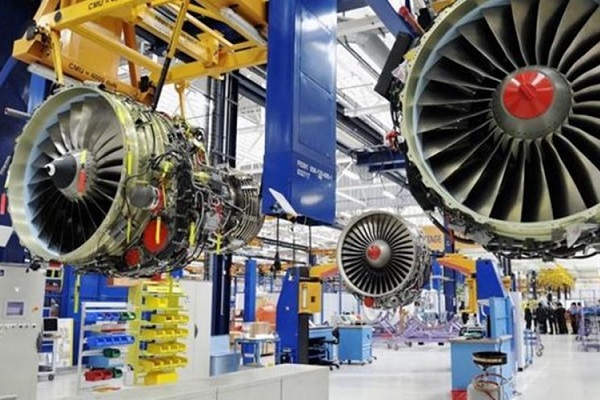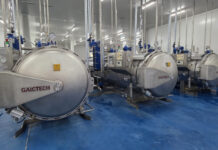Morocco’s industrial sector is witnessing a remarkable evolution, fueled by strategic advancements across key areas. With a relatively stable political and economic landscape, the Kingdom is steadily establishing itself in both regional and international markets. However, this growth presents challenges, including its uneven pace and questions surrounding its sustainability and broader economic impact.
Automotive: Staying in the fast lane
Morocco has cemented its place as a leading player in Africa’s automotive industry, producing an impressive 700,000 vehicles annually with a local integration rate of 69%. This achievement stems from a robust ecosystem of suppliers and a concerted push to attract foreign investment.
Ambitions to raise the local integration rate to 80% demand increased investment in local infrastructure and a stronger role for Moroccan SMEs in the supply chain. While exports hit a record 148 billion dirhams in 2023—marking a 28.4% increase over 2022—the industry’s reliance on foreign markets makes it vulnerable to global economic shifts.
Aerospace: Flying high but with strings attached
Morocco’s aerospace sector has taken off, with global giants like Boeing and Airbus among the 150 companies operating in the country. By September 2024, the sector had generated exports worth 20 billion dirhams, a 20.2% year-on-year increase.
Despite this success, the industry is heavily influenced by strategic decisions made by multinational corporations. The lack of significant Moroccan leadership within this field could limit the sector’s long-term contribution to the national economy.
Electronics and electrical industries: Export growth, but at what cost?
Exports from Morocco’s electrical and electronics industries reached a milestone of 19 billion dirhams in 2023, reflecting a 21% growth rate. While this highlights the sector’s promise, much of its output is tied to subcontracting for foreign firms, raising concerns about whether Morocco can advance to higher-value production and innovation.
Food industry: A resilient economic pillar
With 2,000 companies employing 200,000 workers, Morocco’s food industry remains a stable cornerstone of the economy. Generating 185 billion dirhams in revenue in 2023, the sector underscores its critical role. Yet, challenges such as production costs and quality issues hinder the competitiveness of Moroccan products in global markets.
Pharmaceuticals and biotechnology: A strategic leap forward
A landmark vaccine manufacturing facility is set to cover 70% of Morocco’s domestic needs and 60% of Africa’s requirements. With an investment of 2 billion dirhams, this initiative underscores Morocco’s commitment to enhancing health sovereignty.
Success hinges on fostering local expertise, training a skilled workforce, and maintaining trust with African partners. The potential impact of this project extends beyond healthcare, signaling Morocco’s readiness to lead in biotechnology.
Balancing potential with reality
Morocco’s industrial achievements are undeniably impressive, yet they remain heavily reliant on foreign investments and international demand. The path forward calls for intensified efforts in innovation, workforce development, and infrastructure expansion to enhance local value creation.
By consolidating its gains and reducing dependence on external forces, Morocco can aspire to sustainable and inclusive industrial growth, securing its place as a competitive global player.





